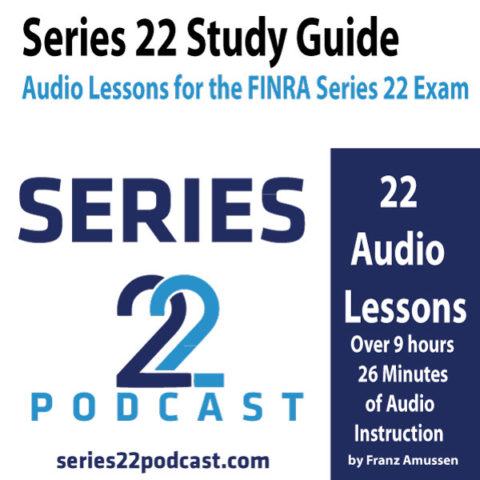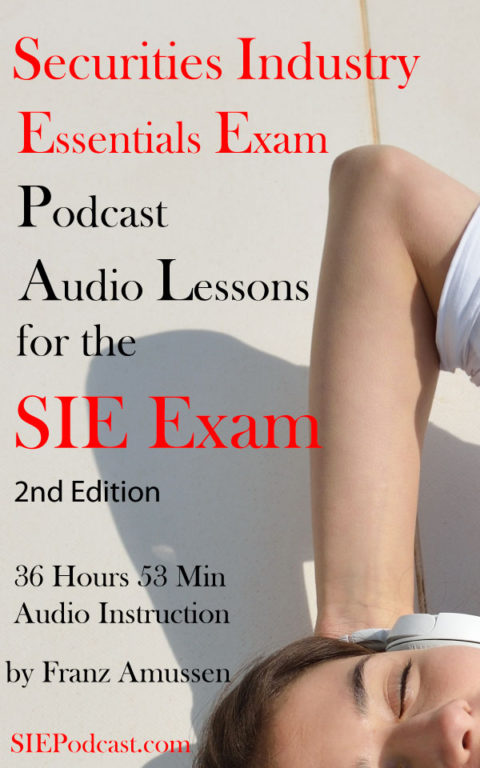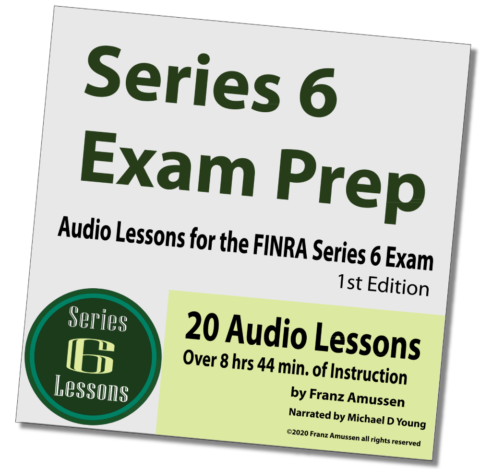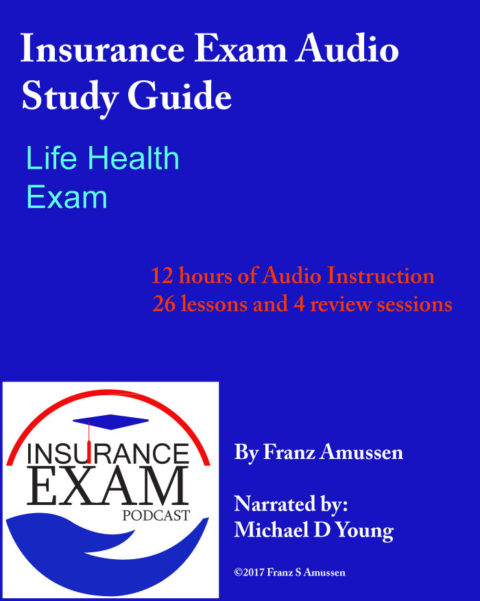Lesson 17 Securities Investor Protection Corporation (SIPC):
The Securities Investor Protection Corporation (SIPC) is a corporation sponsored by the governments that protects customers when a broker-dealer fails them. All broker-dealers registered with the SEC must also be SIPC members and pay annual dues to them as a way to fund insurance for people harmed by broker-dealers. All SIPC members also have to get a fidelity bond to protect customers if the employee is dishonest, such as forging a check or conducting a fraudulent trade. It must be at least $25,000, but can be much higher for larger firms.
You cannot continue business if you do not pay these dues. SIPC protects customers much in the same way the FDIC protects banks. It protects from losses that occur because of broker failure and not from market losses.
Another requirement for all broker-dealers is that you have to have a certain amount of net capital on hand. This insures that you are financially solvent. This amount varies based on the kind of business you conduct. The larger and more complex the firm is, the higher the requirement is going to be. If the firm drops below the required threshold, they will be deemed insolvent and the SIPC will take legal action to liquidate the firm for the protection of the customers.
In 1988, Congress passed the Insider Trading and Securities Fraud Enforcement Act. It created guidelines and controls for using and distributing nonpublic, material information, which is information that is not known by people outside of a company that will affect the company in the present or the future. Insiders need this information to help run the company effectively. But an insider cannot use this kind of information in order to personally benefit, such as knowing when the stock price is about rise or fall.
An insider is any officer, director, stockholder with 10% or more of the stock, or anyone who has nonpublic material information (accountants, attorneys, investment bankers, etc.), and the spouse of any of these people. This act makes it unlawful to disclose any insider information to any outside party. The act allows the government to exact huge fines for insider trading and they can also be subject to civil and criminal suits.
Information becomes public as soon as it had been released over public media. The SEC gives a 10% bonus to those who pass along good tips about those who have acted on insider information.
Broker-dealers who act as underwriters gain access to inside information and they need to make sure they do not pass this information to their retail trading department.
Telemarketing
FINRA Rule 3230 sets down guidelines for telemarketing. Additional guidelines are found in the Consumer Protection Act of 1991. You are only allowed to call between 8 a.m. and 9 p.m. in the customer’s own time zone. You have to keep a do not call list. Anyone on this list may not be contacted for at least five years. You have to use an unblocked caller ID and give the firm’s name and contact information on request. You need to check if the numbers you are using are on the national do not call list.
There are some exemptions to the do not call list, including making calls to customers that have done business with you in the past 18 months or that has contacted you in the last 3 months, calls where the caller has a personal relationship with the person they are calling, calls to a person who has given written permission to be contacted, and inadvertent calls to those on the do not call list.
Penny Stocks
Penny stocks are those that trade at under $5 per share. There are certain things that have to be done before purchasing stocks like this. The agent representing the purchaser has to determine that these stocks are suitable and then the customer must sign a suitability statement. The issuer has to supply a current quote and disclose the amount of commissions earned by the firm/agent.
The Bank Secrecy Act means that all member firms have to try to guard against money laundering. They have to report if they receive currency of $10,000 or more from a single customer in a day. They have to then fill out a currency transaction report, Form 4789, and hand it into the IRS within 15 days. They also have to report any international wire transfers that are $3,000 or more.
The Patriot Act is part of the Bank Secrecy Act. It means that broker-dealers have to set down procedures in order to protect against suspicious activity. The principal broker needs to train the others in the firm on these policies. If they do see something suspicious. They are required to fill out a Suspicious Activity Report (SAR). This applies to any transaction over $5,000 that appears questionable, and it has to be filed within 30 days. Firms also have to have customer identification programs to make sure they know who their customers really are. They should collect a social security number or other identifying number, their date of birth, their address, and their place of business. From non-U.S. citizens, they should collect one of the following: a passport number/country, an alien ID number, a U.S. tax ID number, etc.
All SAR records have to be kept for at least five years. FINRA rule 3310 means that firms have to disclose the name of the person in charge of the Anti-Money Laundering program as well as the name and contact info of those who oversee the day-to-day operations of the AML program.
Money laundering begins when funds are placed in an account with a broker-dealer. The next step is called layering, where there are multiple deposits in amounts less than $10,000, often from different financial institutions. They will then use the account to purchase securities, which puts the money back into the legitimate system. Businesses have to look at the OFAC list, which is the Office of Foreign Assets Control. The list includes known terrorists and criminals and other suspicious persons. If representatives engage in money laundering, they can get up to 20 years in prison and a $500,000 fine per transaction.
If you are ready to get serious and want the full series of Series 22 Audio Lessons…
In order to take the Series 22 Exam you must also Pass the SIE Exam
We also have audio lessons for the following exams:
Podcast: Play in new window | Download








